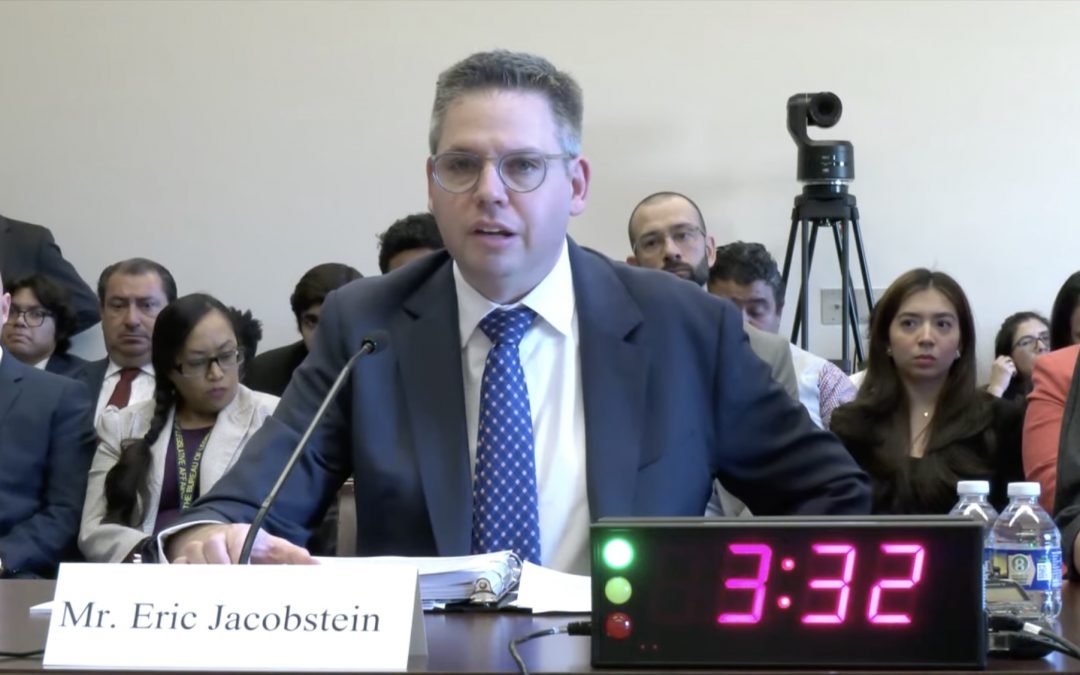WASHINGTON — After Honduras established a diplomatic relationship with China, the United States warned Honduras not to let its new Chinese partners near the Soto Cano Air Base, where up to 1500 American troops operate, according to a senior State Department official.
“It would be very concerning if we saw a Chinese presence in any way at the base,” said Eric Jacobstein, Deputy Assistant Secretary in the Bureau of Western Hemisphere Affairs, Department of State. “That is something that we’ve made clear both publicly and privately to our Honduran partners.”
In March, Honduran President Xiomara Castro cut diplomatic relations with Taiwan in order to establish diplomatic relations with China. Honduras signed 17 agreements with China in June. According to the joint statement made by China and Honduras on June 12, Beijing encourages Chinese corporations to engage in infrastructure and telecommunications.
U.S. government officials worry about security risks as China develops closer relationships with countries near the United States. In addition to Honduras, several Latin American countries, including Nicaragua, El Salvador, the Dominican Republic, and Panama, have switched their diplomatic relationships from Taiwan to China in the past seven years.
Rep. Sydney Kamlager-Dove, D-Calif., said she was worried that China’s state–backed Huawei company may build a telecommunications network in Honduras, “which will be especially concerning given that the U.S. has a military base in that country.”
Soto Cano Air Base is where the United States Southern Command’s Joint Task Force-Bravo is located and promotes cooperation and security in Central America, South America and the Caribbean.
Jacobsen testified that the U.S. government warned Honduras that China “often makes promises in exchange for recognition that ultimately remain unfulfilled.”
“There are many recent and ongoing examples of such behavior in Latin America and around the world,” he said.
Jacobstein said that the State Department “shared those concerns directly with the Honduran government at the highest level” before Honduras developed a diplomatic relationship with China.
Rep. Joaquin Castro of Texas, the top Democrat in the Subcommittee on Western Hemisphere, said the U.S. can not ignore such a diplomatic transition.
“This is disappointing as Taiwan has been a strong partner for many countries in the region,” Castro said. “While this decision has been made, I urge Honduras to be clear-eyed about the risk of deepening its relationship with China.”
Rep. Maria Salazar, the subcommittee chair, asked the Biden administration to reassess its strategy for Central America after Honduras’ decision. “They broke relations with Taiwan and decided to side with China. That’s very unacceptable,” Salazar told Medill News Service.“We don’t need friends of China in our hemisphere. We need friends of Taiwan in our hemisphere.”

